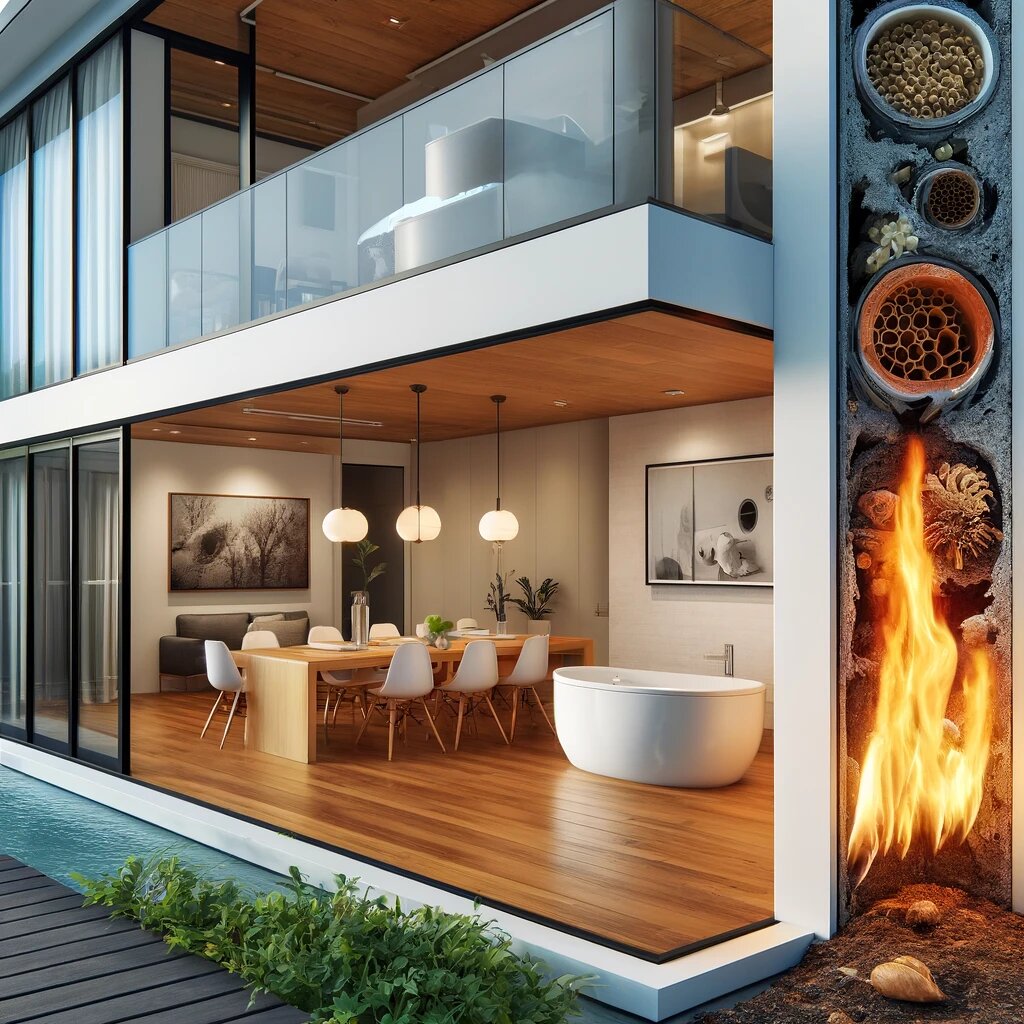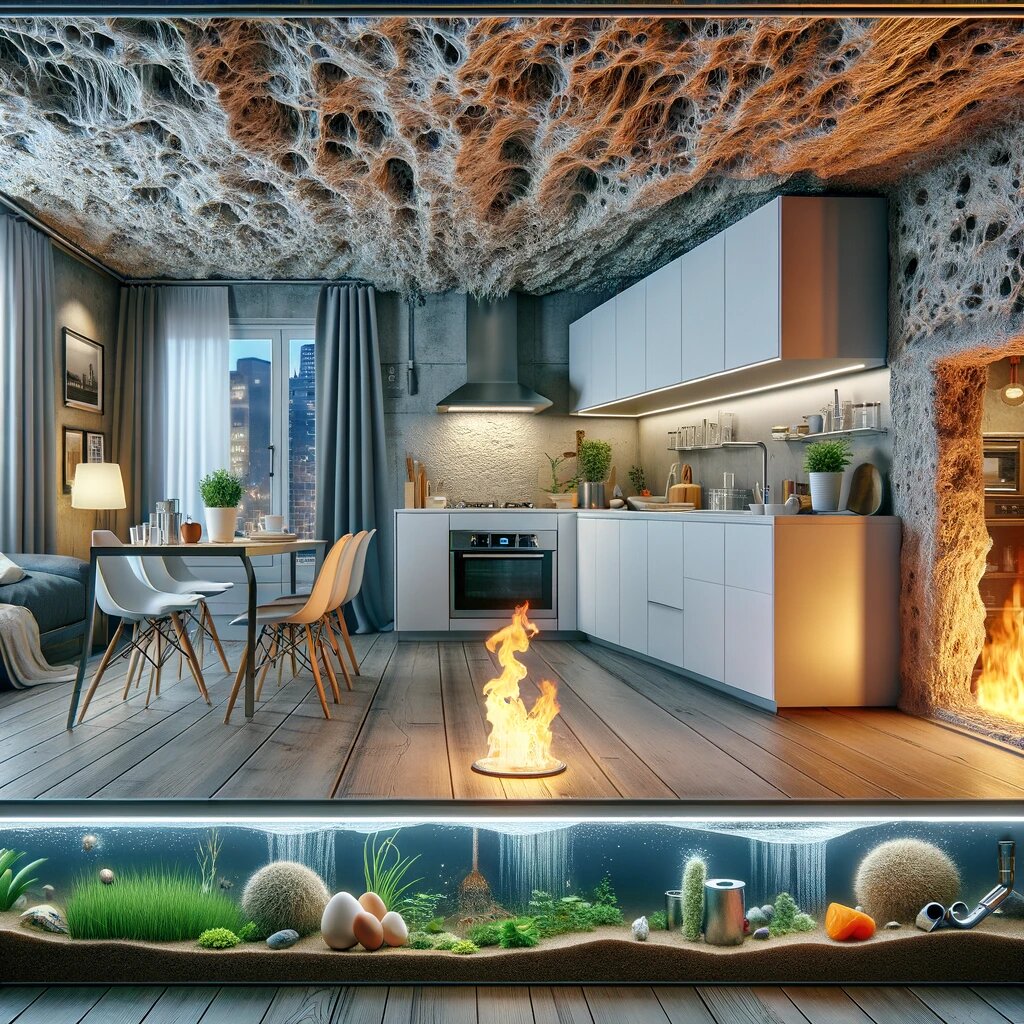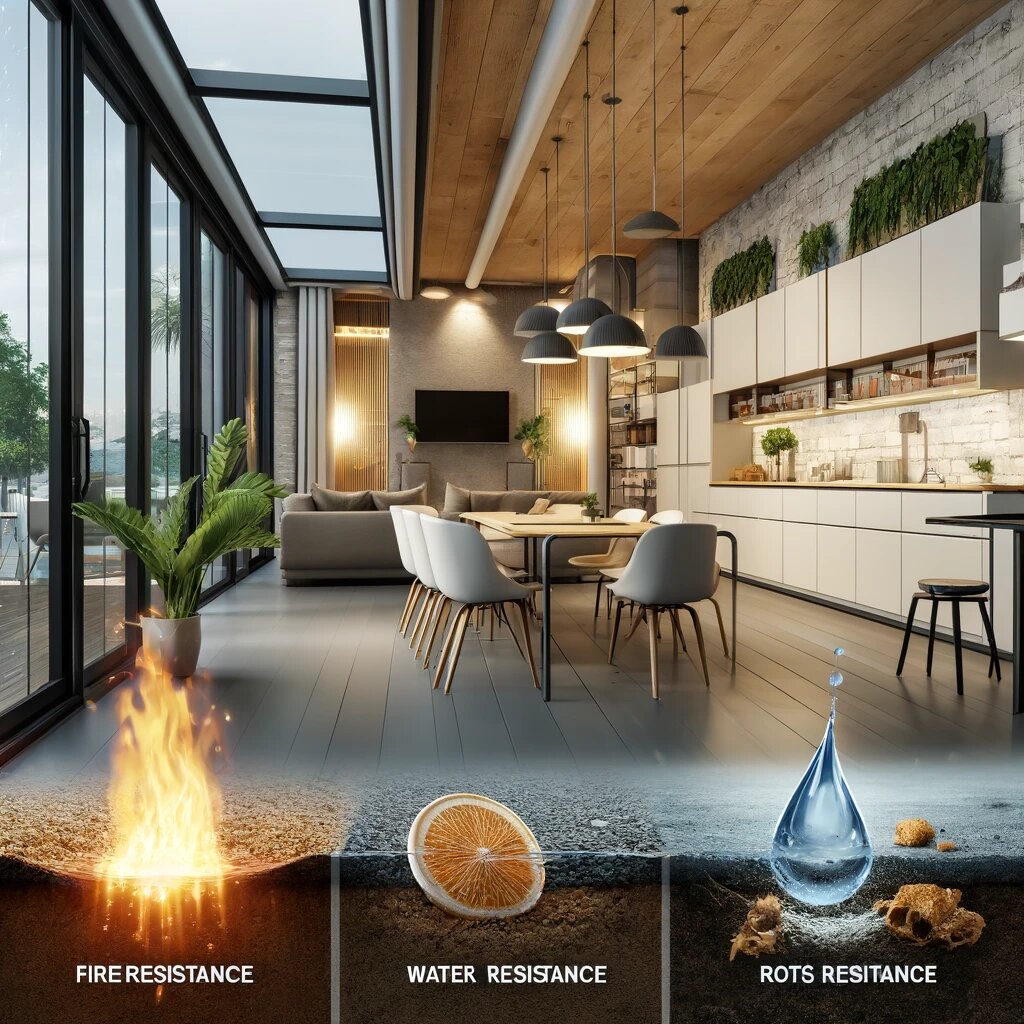PVC (Polyvinyl Chloride) has emerged as a standout material in the construction industry, known for its versatility, durability, and environmental benefits. Coastal Custom Products specializes in producing high-quality, eco-friendly PVC building materials designed to meet the demands of modern construction. Our PVC products are not only sustainable but also incredibly resilient against some of the most challenging environmental factors, making them an ideal choice for a wide range of applications.
In this blog post, we will delve into the exceptional performance of PVC products in harsh environments. We will explore how PVC’s inherent properties make it fire, water, and rot-resistant, offering unparalleled advantages over traditional building materials. Additionally, we will discuss the environmental benefits of using PVC and provide real-world examples of its successful applications. By the end of this post, you’ll understand why PVC is the superior choice for sustainable and durable construction.
Fire Resistance
Understanding Fire Resistance in Building Materials
Fire resistance is a critical factor in building safety, as it determines how well a material can withstand fire exposure and prevent its spread. Traditional materials like wood and metal have varying levels of fire resistance, often requiring additional treatments or protective coatings to enhance their performance. The effectiveness of these treatments can diminish over time, leading to increased risks.
Fire-Resistant Properties of PVC
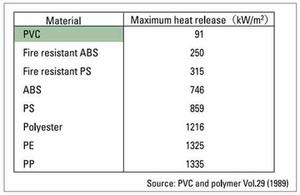
PVC stands out due to its natural fire-resistant properties. Unlike wood, which can easily ignite and fuel a fire, PVC is inherently flame retardant. When exposed to fire, PVC’s high chlorine content helps to inhibit combustion and slow the spread of flames. Additionally, PVC has a low heat release rate, meaning it doesn’t contribute significantly to the heat and energy needed to sustain a fire. This self-extinguishing property makes PVC an excellent choice for applications where fire safety is paramount.
Advantages Over Traditional Materials
Compared to traditional materials, PVC’s fire resistance offers significant advantages. Wood, for instance, requires chemical treatments to improve its fire resistance, which can be costly and may involve harmful substances. Metals, while non-combustible, can lose structural integrity at high temperatures. PVC, however, maintains its performance without the need for additional treatments, providing a safer and more cost-effective solution. Real-life examples, such as its use in fire-resistant cladding for buildings, demonstrate PVC’s effectiveness in enhancing safety and reducing fire-related risks.
Water Resistance
Impact of Water Damage on Building Materials
Water damage is a prevalent issue in many environments, particularly in coastal and humid regions. Traditional building materials like wood are highly susceptible to water absorption, leading to problems such as swelling, warping, and decay. Over time, water exposure can significantly compromise the structural integrity of a building, resulting in costly repairs and maintenance.
Waterproof Nature of PVC
One of the most remarkable properties of PVC is its impermeability to water. PVC does not absorb moisture, making it resistant to swelling, warping, and other water-related damages. This property is particularly beneficial in areas prone to high humidity, rainfall, or direct water exposure. PVC’s resistance to water also means it does not support the growth of mold and mildew, which are common issues in damp environments.
Applications in Water-Exposed Areas
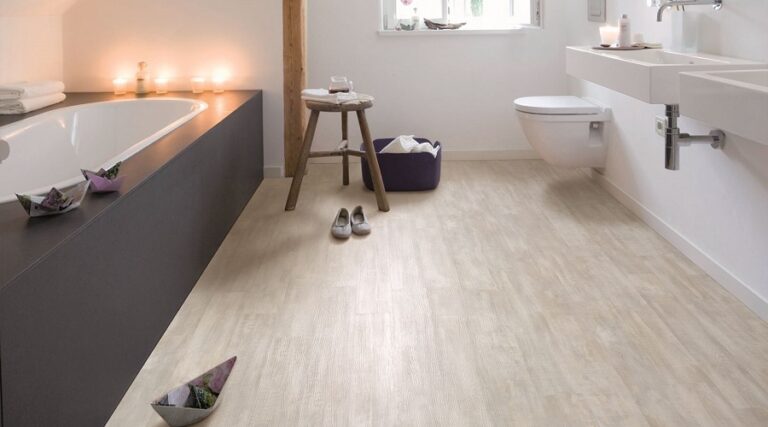
PVC is an ideal material for water-exposed areas such as bathrooms, kitchens, and outdoor structures. In these settings, traditional materials can quickly deteriorate, while PVC maintains its integrity and appearance over time. Case studies have shown the effectiveness of PVC in environments like coastal regions, where constant exposure to moisture would otherwise compromise the durability of conventional building materials. PVC decking, for example, offers a long-lasting, low-maintenance solution that withstands the harshest weather conditions without degrading.
Rot Resistance
The Problem of Rot in Building Materials
Rot is a major concern for materials like wood that are susceptible to fungal decay in moist environments. Rot not only affects the aesthetic appeal of a building but also undermines its structural integrity. Repairing rot damage can be expensive and often requires replacing large sections of the affected material.
PVC’s Resistance to Rot
PVC’s chemical composition renders it immune to rot and fungal decay. Unlike organic materials, PVC does not provide a food source for fungi and bacteria that cause rot. This makes PVC an excellent choice for areas where moisture and humidity are persistent concerns. Its durability in such environments ensures that structures remain safe and sound without the need for frequent maintenance or replacement.
Benefits Over Traditional Materials
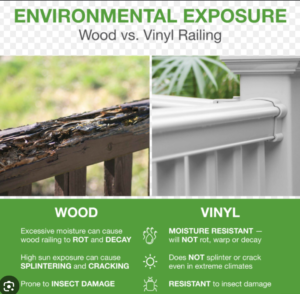
When compared to rot-prone materials like wood, PVC offers substantial long-term benefits. Wood requires regular treatments and maintenance to prevent rot, which can be both time-consuming and costly. PVC, on the other hand, offers a maintenance-free solution that significantly reduces lifecycle costs. The long-term savings and reduced maintenance requirements make PVC a more economical and reliable choice for builders and homeowners alike.
Environmental and Sustainability Benefits
Eco-Friendly Aspects of PVC
At Coastal Custom Products, sustainability is at the core of our mission. PVC is an eco-friendly material with a lower environmental impact compared to many traditional building materials. The production process for PVC is energy-efficient, and the material itself is durable and long-lasting, reducing the need for frequent replacements and conserving resources over time.
Recycling and Longevity
PVC is also highly recyclable, contributing to a circular economy where materials are reused and repurposed instead of ending up in landfills. At the end of its life cycle, PVC can be recycled into new products, further extending its environmental benefits. Additionally, the longevity of PVC products means fewer replacements and less waste, aligning with sustainable building practices and reducing the overall carbon footprint of construction projects.
Conclusion
PVC’s fire, water, and rot-resistant properties make it an exceptional material for construction in harsh environments. Its natural resistance to these elements, coupled with its eco-friendly and sustainable benefits, positions PVC as a superior choice over traditional building materials.
We encourage you to explore the advantages of PVC products for your next construction project. For more information about our eco-friendly and durable PVC offerings, visit Coastal Custom Products’ website. If you have any questions or would like to share your experiences with PVC, feel free to leave a comment or contact us directly. Choose PVC for a safer, more sustainable, and cost-effective building solution.

